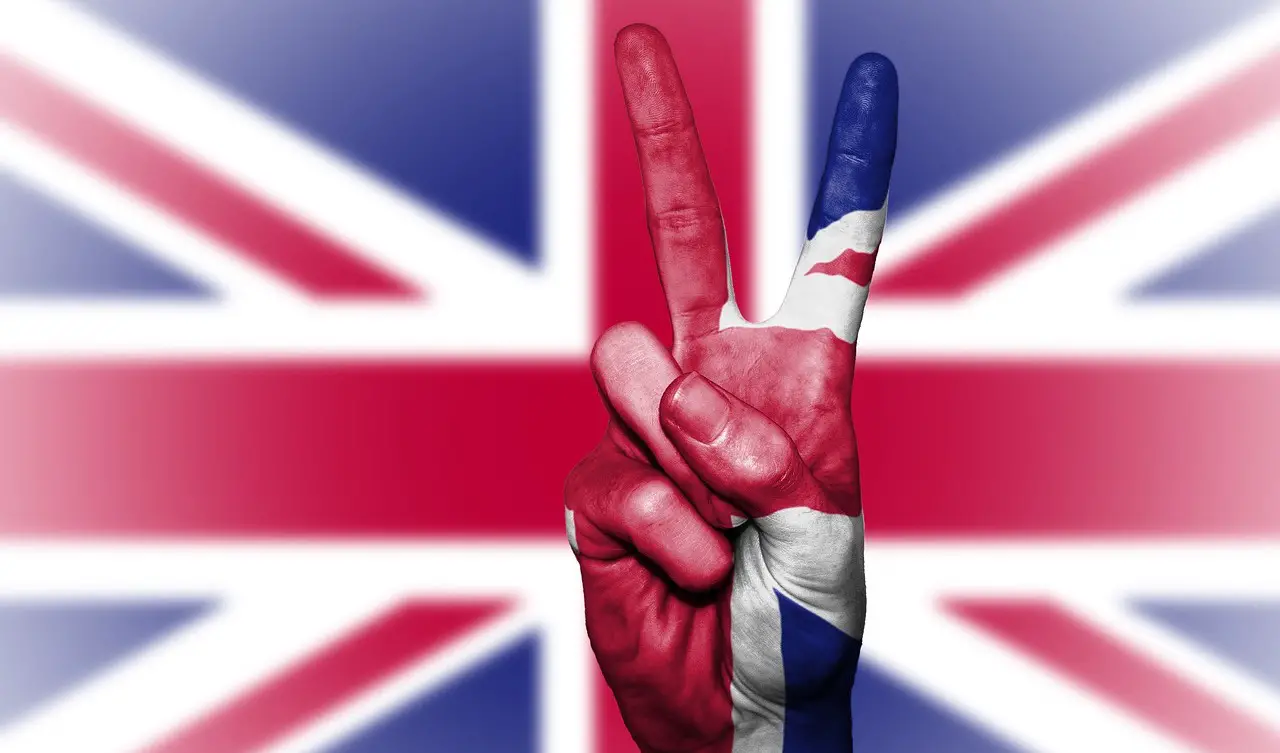The premier of MTV’s “The Real World” in 1992 established the foundation of American reality TV culture that we know of today. As much as people hate to admit, reality TV shows are a guilty pleasure, an escape from stress and a portal into someone else’s life. American reality shows, like “Keeping Up with the Kardashians” and “The Bachelor,” have been a major factor in shaping pop culture trends. But have you heard of British reality TV shows?
Across the Atlantic, the less trashy and more sophisticated United Kingdom has their own reality show culture. In Britain, reality television shows are just as popular as they are in the United States.
Significantly different in form, British reality TV is still highly unexplored and underappreciated back across the pond. I find that some shows are even more entertaining than their American counterparts.
If you are in dire need of new shows to binge, here are four British reality TV show recommendations to get you started.
1. “The Great British Bake Off”
After getting a streaming license on Netflix, “The Great British Bake Off” has garnered a wide international fanbase.
In August 2010, the show aired its first episode on BBC Two, slowly gaining viewership throughout the years. It is currently in its ninth season, with a total of 84 episodes.
Similar to “Cupcake Wars” and “Masterchef,” “The Great British Bake Off” is a classic baking competition between 12 amateur bakers, with one eliminated at the end of each episode. The show tests the contestants’ baking skills, creativity and time management.
The contestants are from all different backgrounds and age groups. The show surrounds each week’s competition with a specific theme, testing the baker’s knowledge and interpretations of confectionary recipes.
What I love about “The Great British Bake Off” over other baking competition shows is its introduction and education on quintessential European desserts. Each competition has a different focus, such as cakes, madeleines, breads, etc.
Because of the bakers’ non-professional status, the viewers are learning with the contestants as the show proceeds. Even though the competition itself is extremely nerve-wracking, a pastel color kitchen provides a nice contrast to the environment and complements the British tea-time aesthetic superbly.
With two quirky hosts and two brutally honest judges, the structure of this show almost seems comical, which is also a nice contrast to the intense, stressful nature of a baking competition. The bakers are always shown to support each other — much more like friends than competitors.
The show not only provides delicious pastries but also displays long-lasting friendships through baking. And that’s what makes the show feel real.
2. “Love Island”
For fans of “The Bachelor” and “The Bachelorette,” “Love Island” is the British counterpart, taking the premise of trashy dating shows to the next level. First aired in 2015, “Love Island” is still ongoing and is currently streaming on Hulu.
With no host or rose ceremonies, the show provides friendly competitions and couples activities to spark some drama between the contestants. The viewers see how the different couples switch, who ends up together in the end and the rocky ride to get there.
Unlike other dating shows, “Love Island” does not limit the contestant’s intention to only romance, instead expanding it to pure friendship or companionship. Contestants are partnered up and shipped off to a secluded island in Mallorca, which the show calls the villa, under constant video surveillance.
Throughout the duration of the show, couples can choose to be swapped or remain in their current pairing. The winning couple is rewarded with 50,000 euros.
The Guardian describes Love Island as a blend of “Bachelor in Paradise” and “Big Brother” with a dash of “Paradise Hotel” (a short-lived reality series where couples share a hotel room on their first date).
3. “Grand Designs”
“Grand Designs” resembles the popular American HGTV show “Extreme Home Makeover,” but it is much more than that. It features stories of ordinary people, each with an ambitious vision. With a strong drive, determination and creativity, designers create the world’s most elaborate home building projects. The show records their journeys that turn visions into reality.
From purchasing open land to constructing a polished home, the show records the entire process, no matter how long the individual’s project takes. The final product never fails to astonish viewers. Whether or not you have an eye for architecture and design, you will learn to appreciate the detail and hard work that the builders invested in these projects.
Living up to its name, “Grand Designs” is a show that presents the most outlandish and magnificent houses imaginable. “Grand Designs” is one of longest running British reality TV shows, with the first episode airing in 1999. Now, it is on its 19th season and still delivering its amazing original premise to a new generation.
4. “Rich House, Poor House”
“Rich House, Poor House” brings two families from two different ends of the economic spectrum together to experience living like their counterparts. The two families not only switch houses but also the amount of a week’s worth of spending money.
This show is feel-good, empathetic and not made to spark any offensive remarks toward any socioeconomic status. It is simply showing the nation’s wage gap problem and informing the audience on how different lifestyles can be for families with drastically differing income.
It’s not meant to be a political program, but it does offer small life lessons and dwells on personal discoveries. While watching this British reality TV show, it is difficult to criticize the featured families. No one in the show is rude. Rather, they are understanding of each other’s lifestyle.
Throughout its time on television, “Rich House, Poor House” received many mixed reviews. In one particular episode, the Edney family had a budget of 168 euros as their week’s worth of disposable income. They swapped lives with the Walker family, who had 1,716 euros of disposable income in comparison.
According to an Express UK article, fans of the show didn’t think the poor family was representative of the bottom 10% of the income spectrum. Nonetheless, in comparison to the Walker family, the Edney family’s budget still spoke to many families who struggles with financial instability.
The wage gap is an on-going socioeconomic issue, and the show successfully addresses this disparity. The show wrapped up its fourth season in November 2018.
















